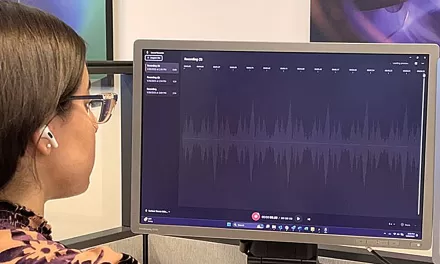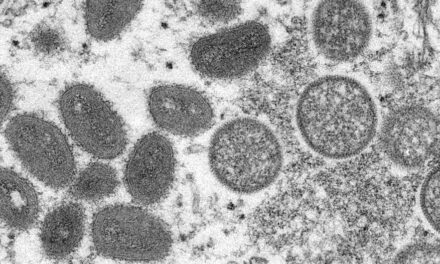Weill Cornell Medicine Research Offers Hope for Early Protection Against HIV
A groundbreaking study from Weill Cornell Medicine has unveiled a promising strategy for childhood HIV vaccination, potentially offering protection before the risk of contracting the virus significantly increases during adolescence. The research, published on August 30 in Science Immunology, demonstrated that a series of six vaccinations using a modified protein from HIV particles successfully triggered an initial immune response in young nonhuman primates. This advancement represents a significant step toward achieving long-lasting protection against HIV.
The study’s senior author, Dr. Sallie Permar, Nancy C. Paduano Professor in Pediatrics and chair of the Department of Pediatrics at Weill Cornell Medicine, emphasized the rationale behind focusing on childhood immunization. “Immunizing young children, rather than adults, makes sense because risk factors for HIV infection rise steeply when adolescents become sexually active,” Dr. Permar explained. Additionally, evidence suggests that children’s immune systems can mount more effective responses to the virus compared to adults.
The innovative approach involves administering a vaccine on a schedule similar to routine childhood vaccinations. This strategy aligns with current practices and could make the integration of an HIV vaccine into existing immunization programs more feasible.
HIV targets CD4 T cells, critical components of the immune system, leading to severe vulnerability to opportunistic infections and ultimately, if untreated, death. In 2022, approximately 140,000 adolescents aged 10 to 19 globally contracted HIV, highlighting the urgent need for effective preventative measures.
Researchers aimed to stimulate the immune system to produce “broadly neutralizing antibodies” before exposure to the virus. These antibodies target a specific protein on the HIV surface, preventing various strains from infecting CD4 T cells. The study involved modifying a previously developed experimental vaccine based on HIV spike proteins to enhance its ability to engage the appropriate antibody-producing B cells.
Study authors John Moore and Rogier Sanders, from Weill Cornell Medicine and Amsterdam UMC, respectively, focused on improving the vaccine’s efficacy by altering the viral protein. Their goal was to stimulate the correct B cells to generate a protective immune response. Ashley Nelson, the first author of the study, noted, “An effective HIV vaccine needs to engage the right set of B cells to generate a broadly protective response. Introducing specific mutations into the envelope protein proved effective in initiating this process.”
The modified vaccine was administered to five young primates in three initial doses, followed by three doses of the original HIV envelope protein. Five additional animals received only the original vaccine. The results showed that the modified vaccine effectively initiated an immune response, with three of the five animals developing antibody precursors to the broadly neutralizing response. These antibodies targeted the site the virus uses to invade CD4 T cells, though they were not yet fully effective against all HIV strains.
The next phase of research will focus on achieving a fully matured broadly neutralizing response. Dr. Nelson highlighted the importance of identifying the optimal combination of viral proteins to enhance the vaccine’s effectiveness from early life stages.
For more information, refer to the study: Ashley N. Nelson et al., “Immunization with germ line–targeting SOSIP trimers elicits broadly neutralizing antibody precursors in infant macaques,” Science Immunology (2024). DOI: 10.1126/sciimmunol.adm7097.











